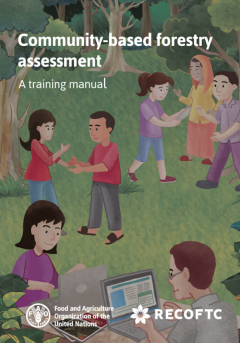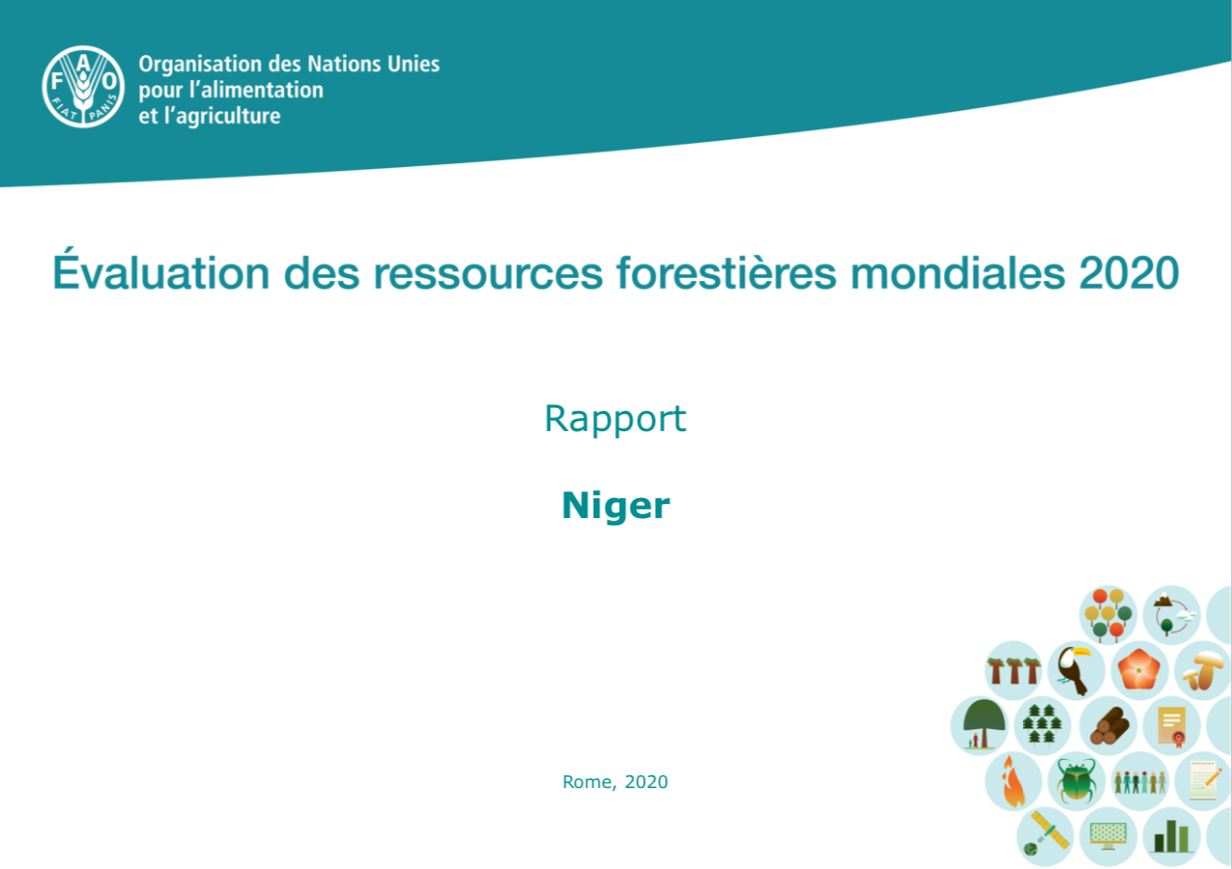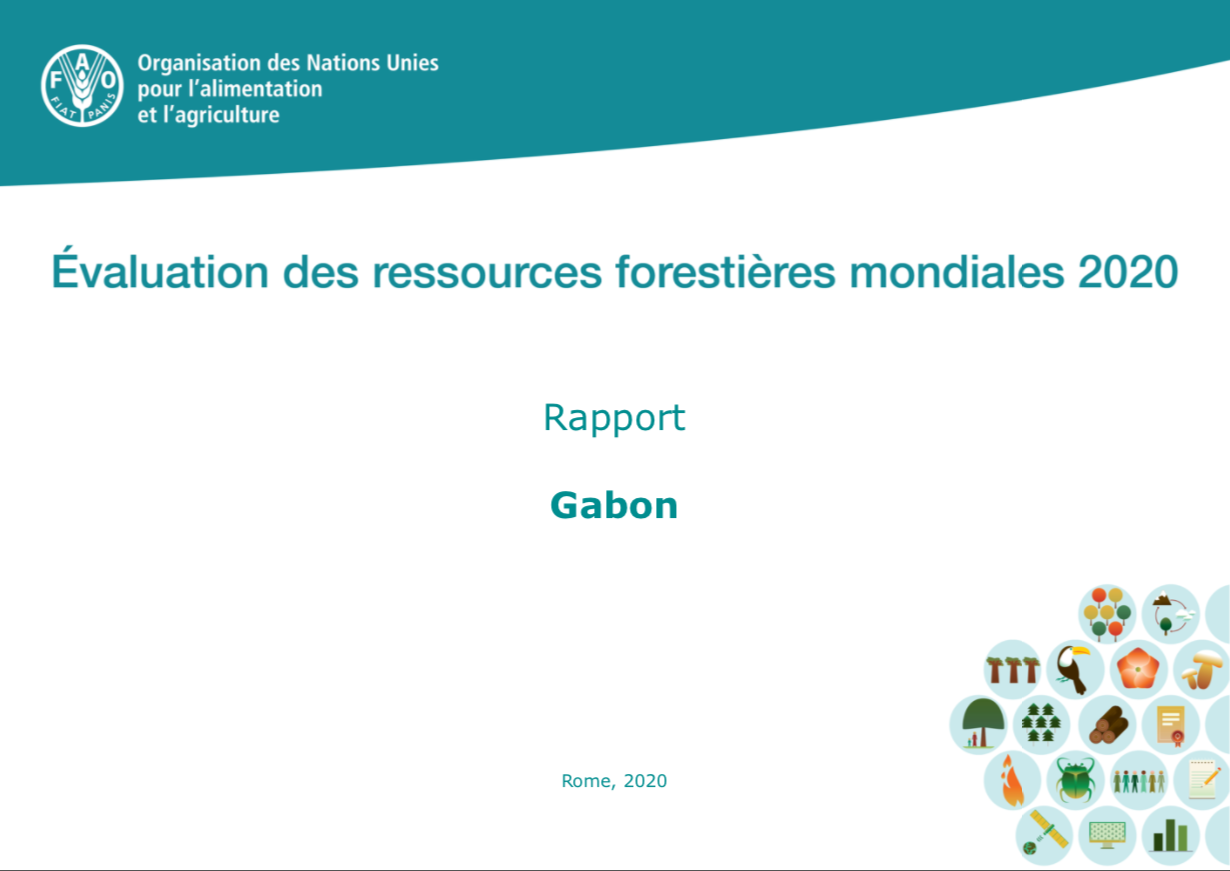Legislative approaches to sustainable agriculture and natural resources governance
Influenced by international trends, as well as in response to population, climate, resource and development needs, the standards, norms, mechanisms and incentives in natural resources law at the national level have evolved in recent years. Natural resources laws are influenced by developments in the international arena, either through international treaties that are binding or through ‘soft law’ instruments that are not legally binding but nevertheless have widespread adherence among governments, or that provide principles that guide and shape national legislation.






